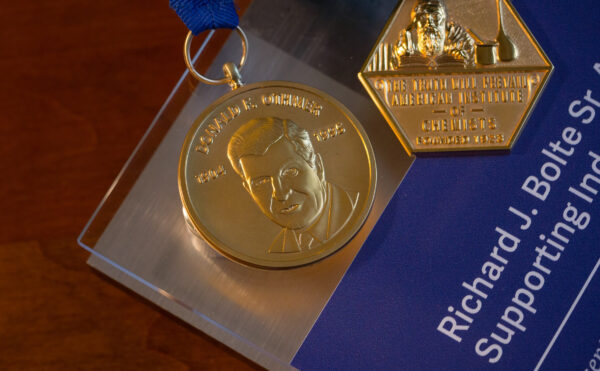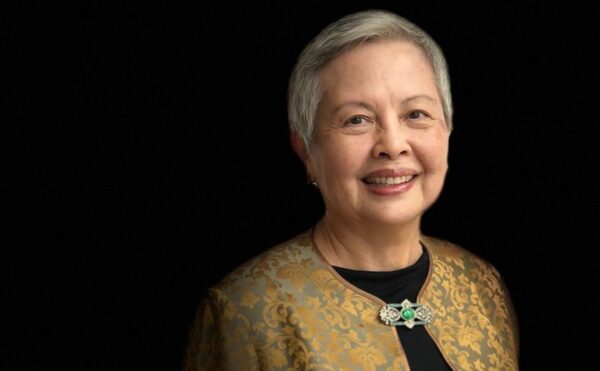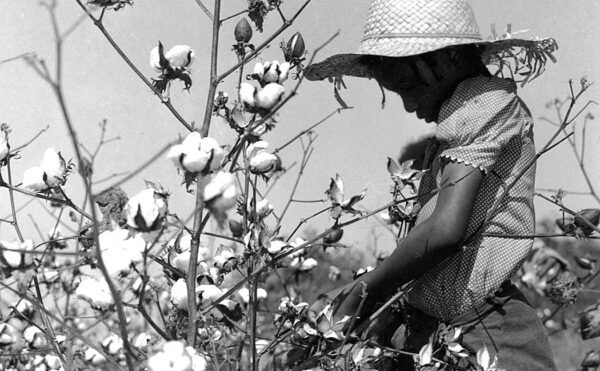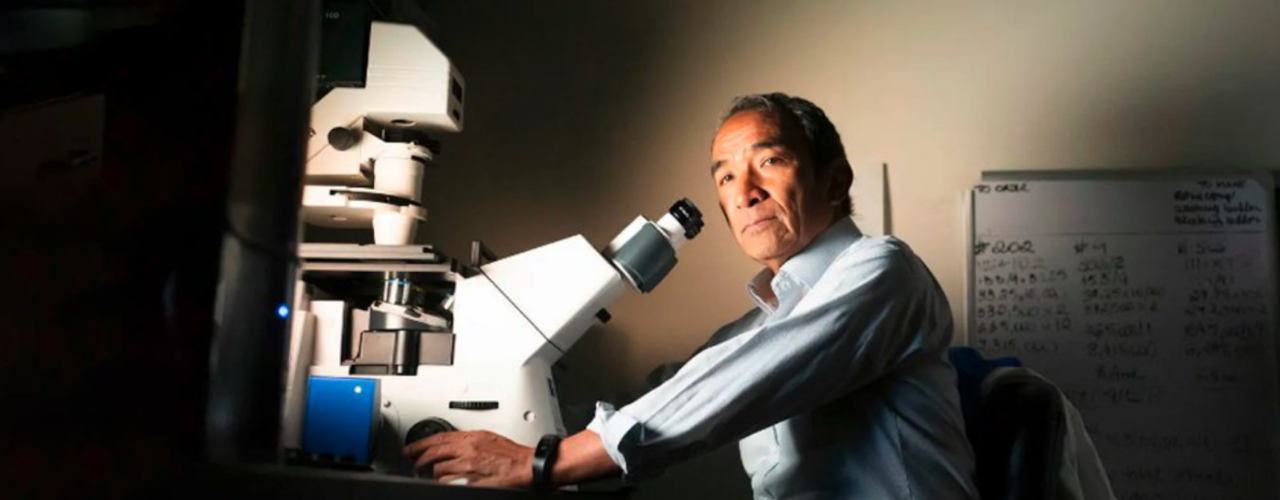
Science History Institute Launches ‘Voices of Science’ Oral History Video Project
Hear the stories of five scientists who faced personal, professional, and social challenges in their careers.
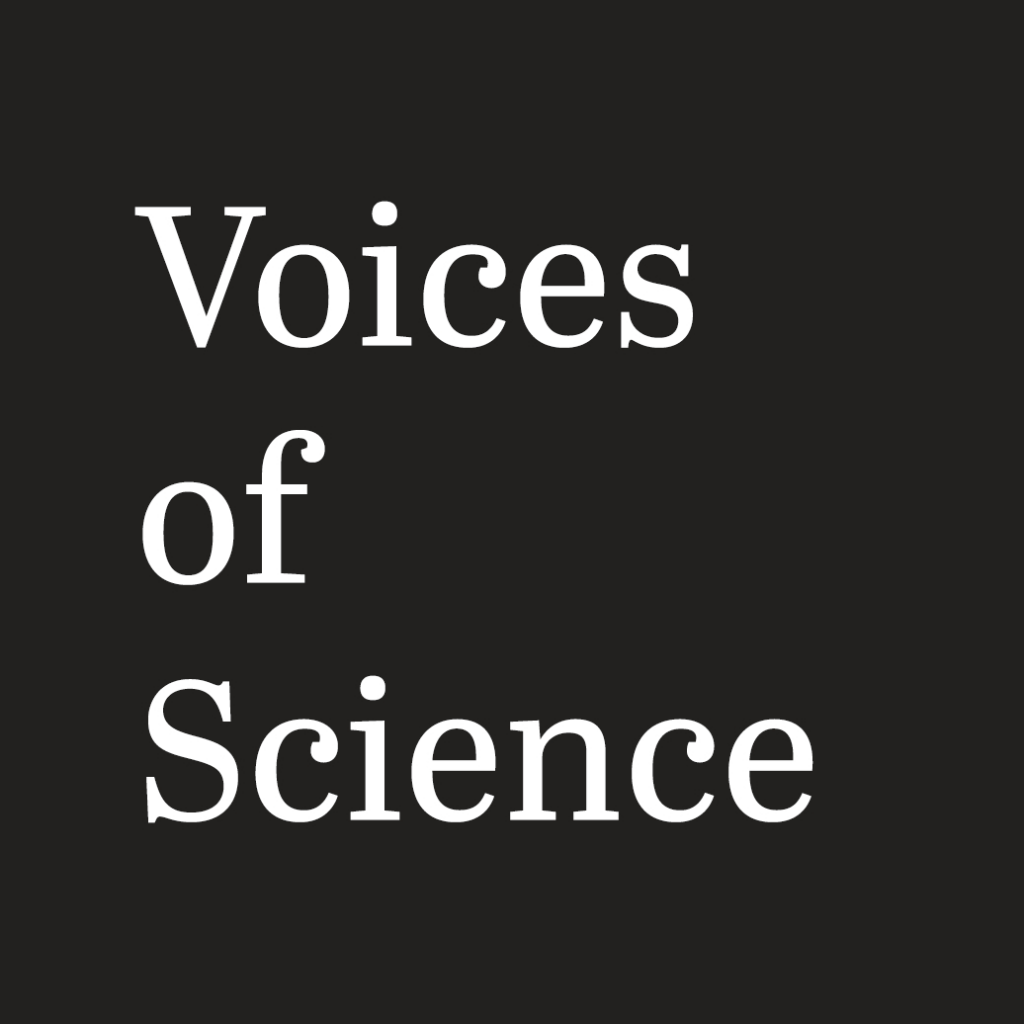
The Science History Institute is pleased to announce the launch of Voices of Science, a video project that draws on our extensive oral history collection to tell the stories of five scientists from diverse backgrounds.
Accessible via QR codes located throughout our museum, visitors can hear how Nobel Prize-winning chemist Carolyn Bertozzi, bioengineer Rory Cooper, STEM advocate Shirley Malcom, epidemiologist Lee Riley, and chemist Judith Summers-Gates navigated personal, professional, and social challenges in their careers.
“This is the first time we’re using our oral history collection in the museum’s permanent exhibition,” said Shuko Tamao, the Institute’s Cain Curatorial Fellow who is the project’s curator. “It was definitely challenging to come up with a creative way to incorporate audio and video into our physical space that would tell fuller stories about the history of science, but I am very fortunate to work with such a talented team.”
Voices of Science seeks to expand engagement with our oral histories and increase the public’s access to this rich collection by offering a new and unique experience that combines first-person interviews with video storytelling in short snapshots. By sharing the struggles these five scientists faced—sexism, homophobia, ableism, racism, and discrimination—visitors will learn the human stories behind the science.
Meet the Scientists
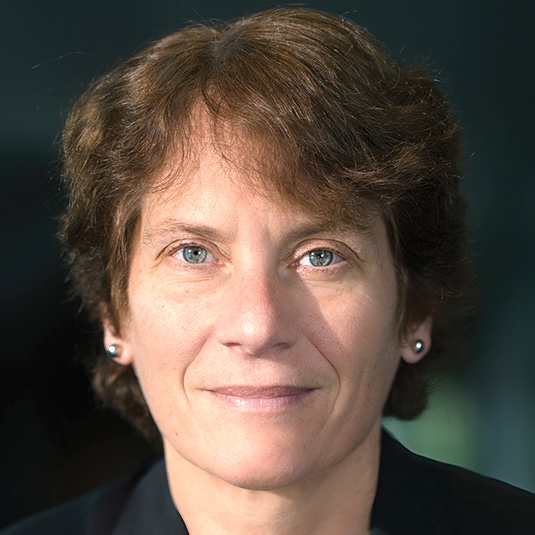
Carolyn Bertozzi, a Stanford professor whose work encompasses the fields of biology and chemistry, is the joint recipient of the 2022 Nobel Prize in Chemistry. Bertozzi shares her experiences of being a gay woman working in a typically male-dominated field, and explores what role she can play in encouraging more women to enter the field.
Photo: Christopher Michel
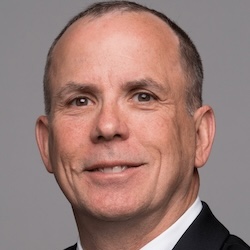
Rory Cooper is a bioengineer at the University of Pittsburgh, running a lab to develop assistive devices that meet the diverse needs of users. Cooper explains how his endeavor in making his own wheelchairs ignited his passion for producing devices with lasting impact and nurturing a culture that encourages diversity in engineering.
Photo: Human Engineering Research Laboratories
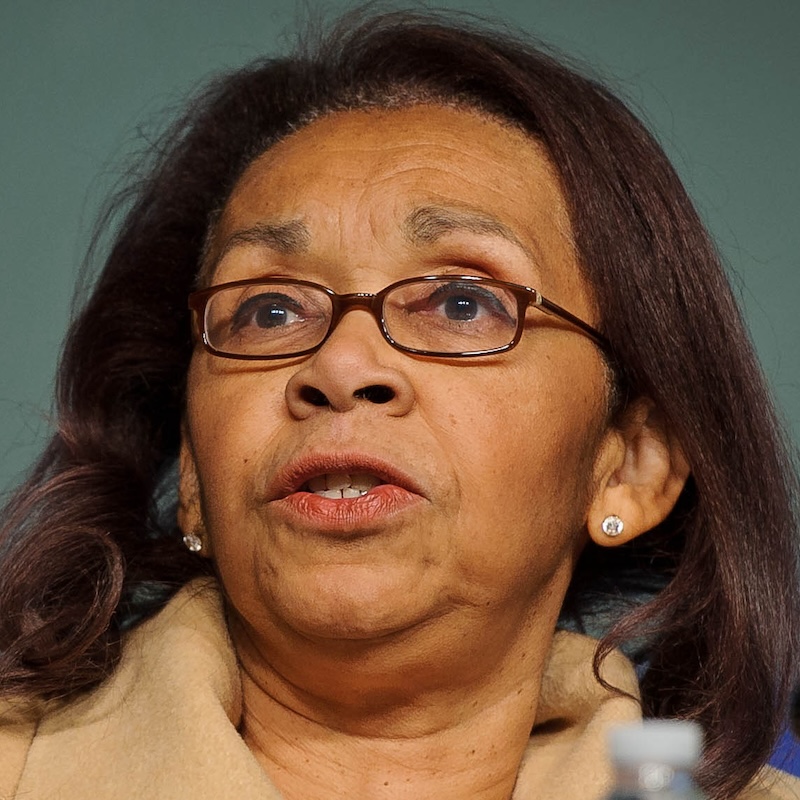
As a member of the Presidential Council of Advisors on Science and Technology, Shirley Malcom made policy recommendations to President Bill Clinton. She reflects on how a child who grew up in a segregated community in Alabama became an unflinching policy advisor dedicated to the growth of science in the United States.
Photo: NASA/Paul E. Alers
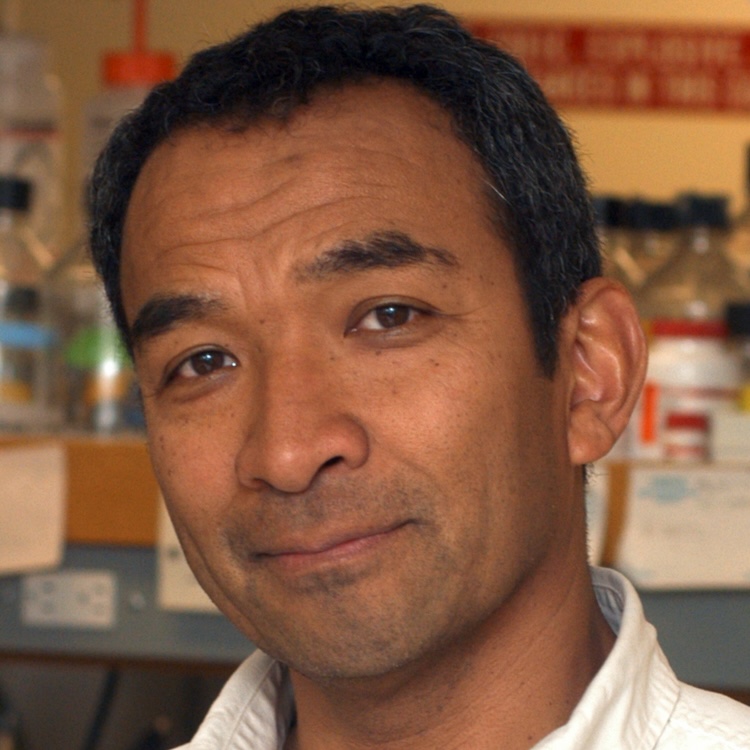
Lee Riley was a molecular epidemiologist at Berkeley who investigated methods for tracking infectious diseases. He explores his memory of being born a multiracial child in Japan who was adopted by a U.S. family, explaining how such a transnational upbringing influenced his unique approach to life and work.
Photo left and featured: University of California, Berkeley
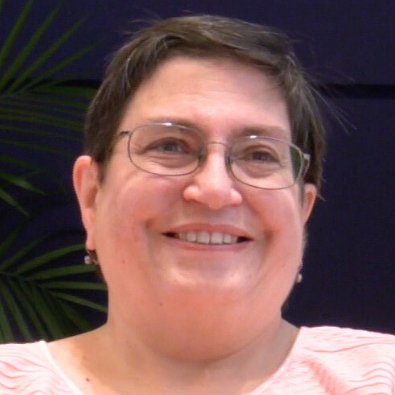
Judith Summers-Gates studied at Drexel University and worked with multiple federal agencies as a chemist. She shares stories of the multitude of barriers she faced as a disabled woman scientist; most significant, she tells how she tackled these prejudices by devising creative solutions and being a vocal advocator of scientists with disabilities.
Photo: Science History Institute
More News
Winners of 2025 Science History Institute Awards Announced
Othmer Gold Medal, Bolte Award, and AIC Gold Medal to be presented on May 7 in Philadelphia.
Science History Institute Mourns Death of Board Committee Member Rose Chen
The multiculturalism advocate passed away on January 9, 2025, at the age of 75.
‘Distillations’ Article on Arsenic Featured on Top 40 Favorite History Writing List
Bunk, the University of Richmond’s online history project, names Jayson Porter’s recent piece a best-of 2024.

